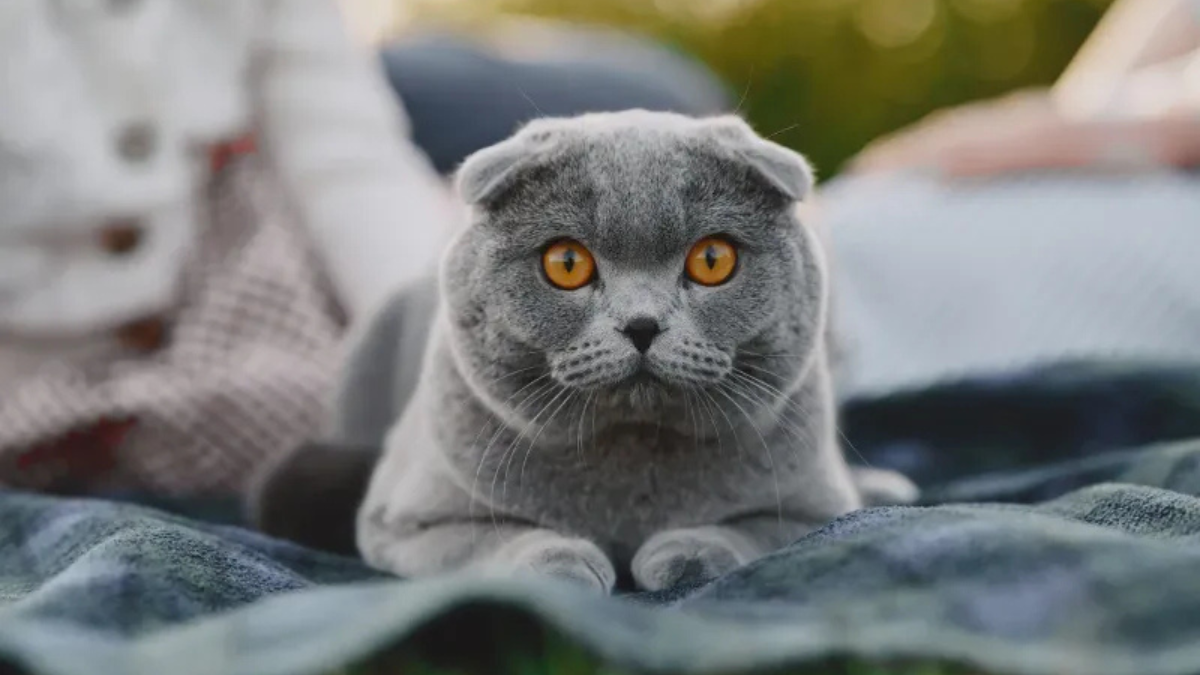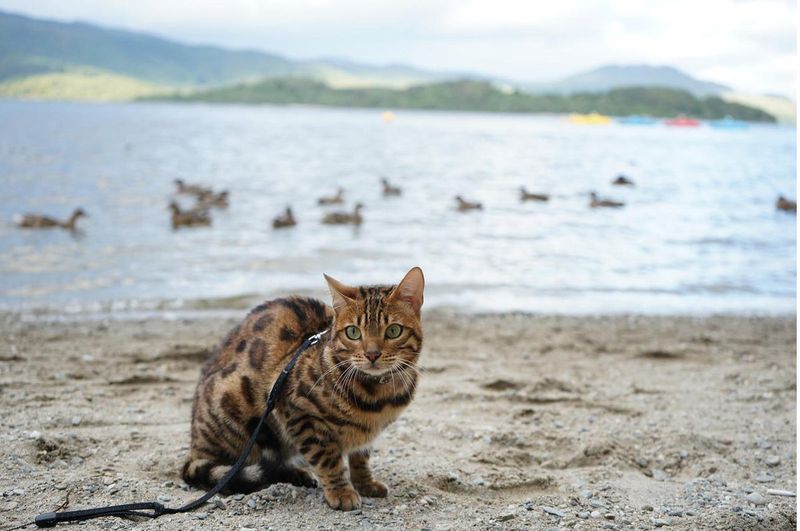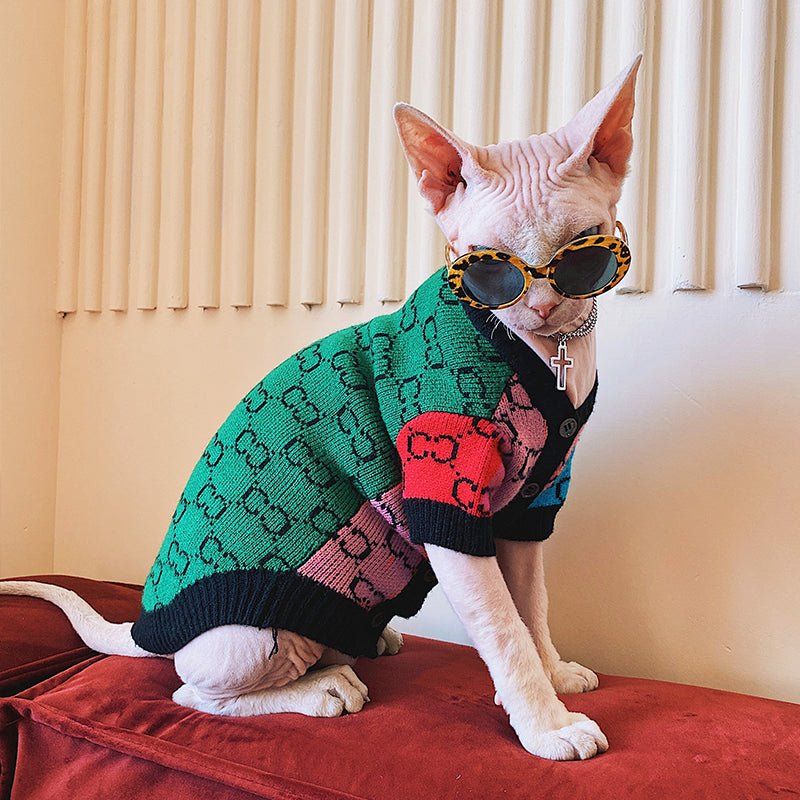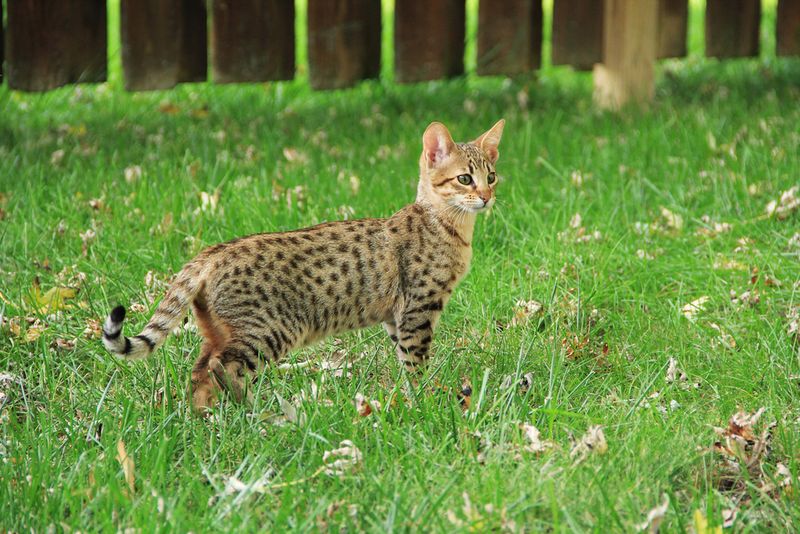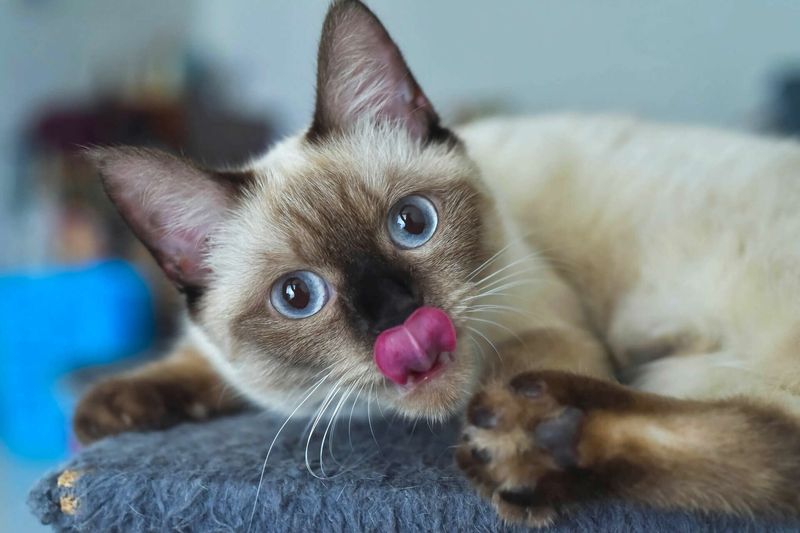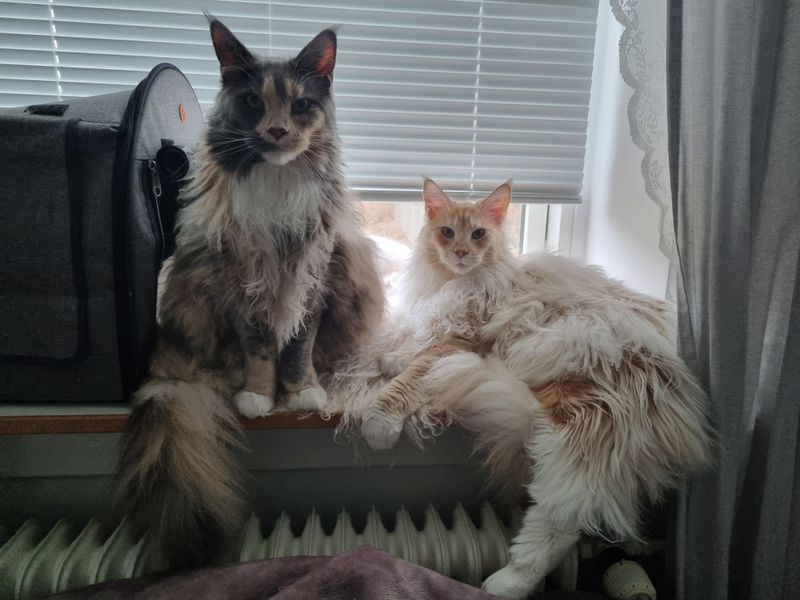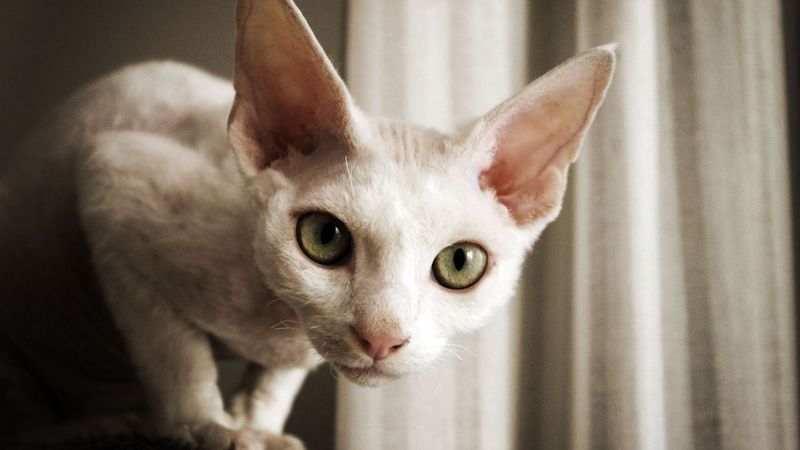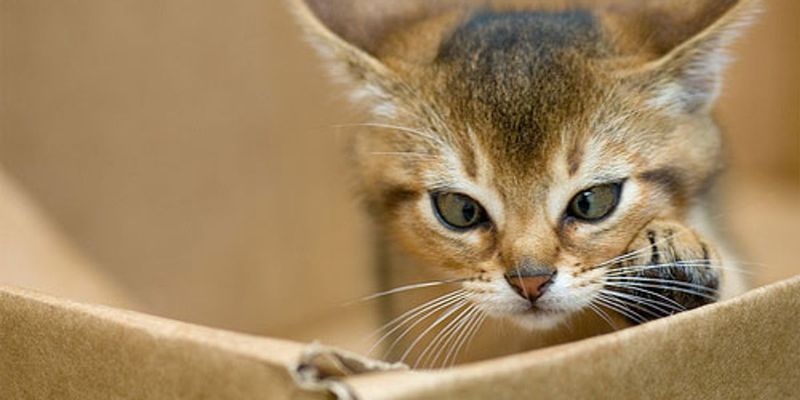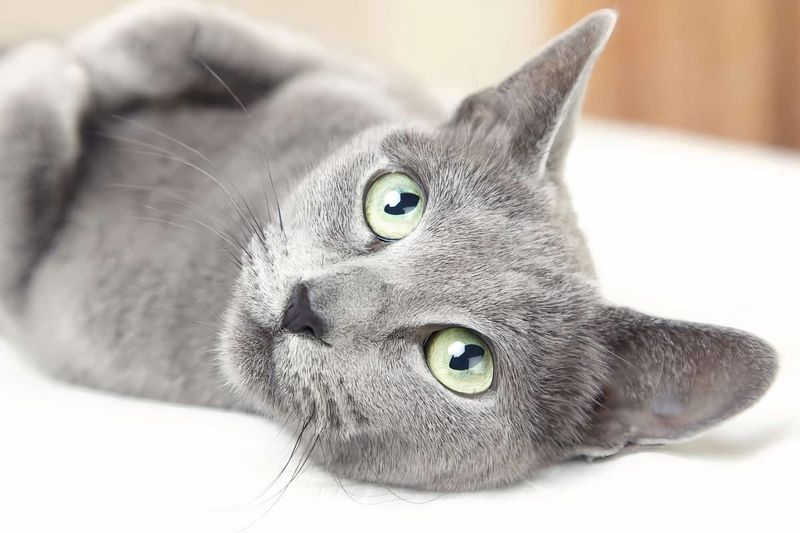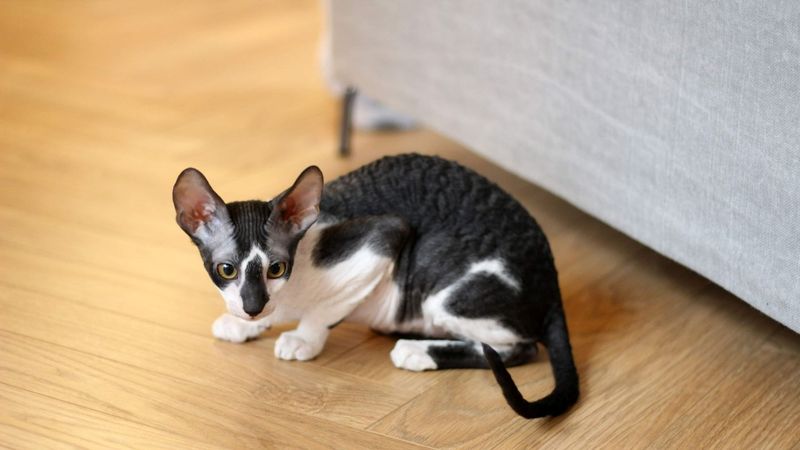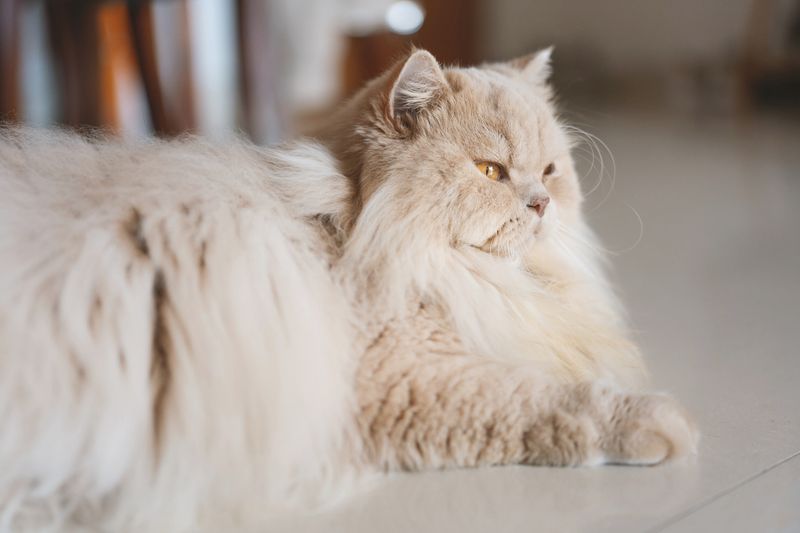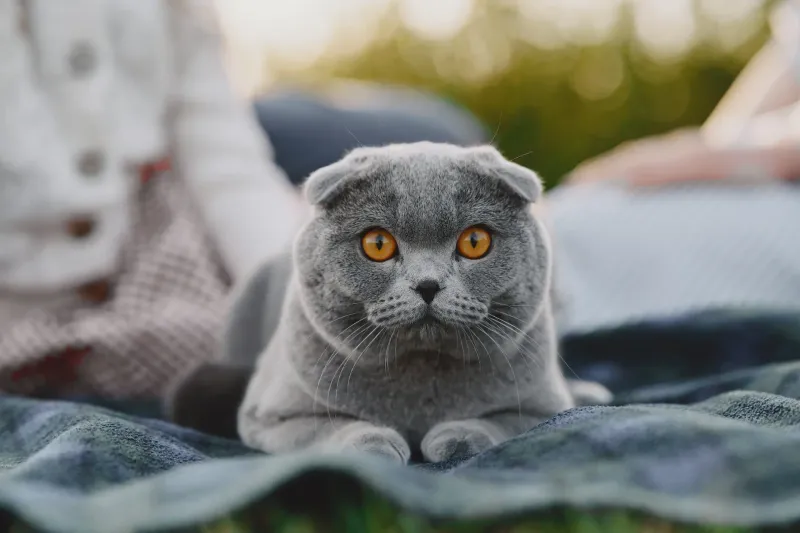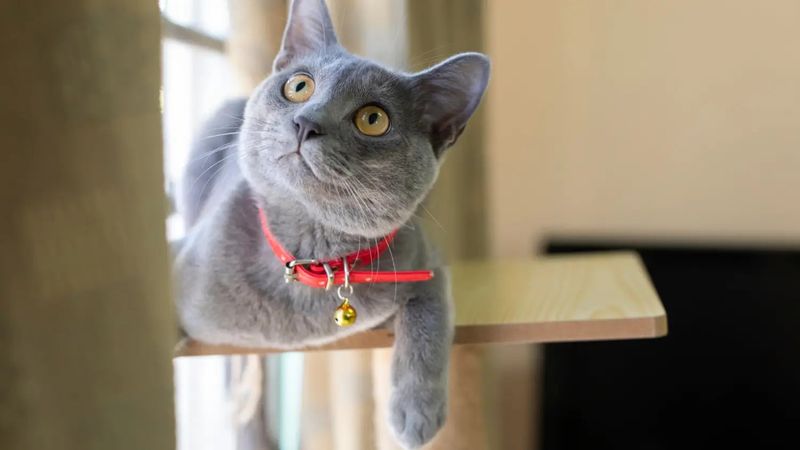📖 Table of Content:
Owning a cat is often a joyful experience, but not all breeds are equally easy to care for. Some cats come with strong personalities, specific needs, or high levels of energy that go beyond the average pet. These breeds challenge expectations and require more than just routine feeding and play.
Certain cats thrive only with consistent structure, patience, and mental stimulation. Their behavior can be demanding, and without proper attention, they may become frustrated or difficult to manage. Understanding these needs is essential for creating a balanced and healthy relationship.
These demanding breeds aren’t for everyone, but they offer deep bonds for those willing to rise to the challenge. Their intelligence, independence, or intensity can be both rewarding and exhausting. For experienced or adventurous owners, these cats might be the perfect match.
1. Bengal
Bengals bring the wild into your living room with their striking leopard-like spots and boundless energy. These athletic cats need constant mental stimulation and physical activity, or they’ll find their own entertainment—usually at your expense.
Their intelligence makes them excellent problem-solvers, including figuring out how to open doors, cabinets, and even refrigerators. Many Bengal owners install child-proof locks throughout their homes.
They’re also notorious for their love of water. Don’t be surprised to find your Bengal splashing in sinks, joining you in the shower, or dropping toys in water bowls. Their wild ancestry means they require an owner who can match their energy and creativity.
2. Sphynx
Hairless doesn’t mean less maintenance. Sphynx cats require weekly baths to remove body oils that would normally be absorbed by fur. Their exposed skin needs regular cleaning, especially between skin folds and around the ears.
Temperature regulation becomes your constant concern—these cats get cold easily and can sunburn in direct light. Many Sphynx owners maintain wardrobes of cat clothes and heated beds for their naked companions.
Their higher metabolism means they eat significantly more than other cats, increasing your food budget. Despite these challenges, Sphynx cats form incredibly strong bonds with their humans, often described as more dog-like than cat-like in their devotion.
3. Savannah
Part domestic cat, part African serval, Savannahs can grow to the size of small dogs with personalities to match. First-generation Savannahs (F1s) may weigh up to 25 pounds and stand 16 inches tall, requiring special accommodations most cat owners never consider.
Their incredible jumping ability—up to 8 feet vertically from a standing position—means no counter, shelf, or cabinet is safe. Savannah owners often remove breakables entirely or secure them with museum putty.
Legal restrictions exist in many states and countries regarding Savannah ownership, particularly for early generations. Their diet often includes raw meat, and their exercise needs surpass most domestic cats, making them suitable only for the most dedicated owners.
4. Siamese
Vocal doesn’t begin to describe the Siamese. These cats communicate constantly with a range of sounds from quiet chirps to full-volume yowls that can wake the neighborhood. They’ll comment on everything from dinner being late to your choice of television shows.
Siamese form intense bonds with their people and suffer from separation anxiety when left alone. Many owners report their Siamese meeting them at the door, following them to the bathroom, and sleeping on their pillows.
Their intelligence means they quickly learn unwanted behaviors like opening doors or turning on faucets. Siamese need significant interaction and play time daily, making them poor choices for people who work long hours or travel frequently.
5. Maine Coon
Size matters when discussing Maine Coons. Males regularly reach 18 pounds, with some exceptional cats weighing over 25 pounds. Their massive bodies require equally massive accommodations—standard cat trees, carriers, and litter boxes often prove inadequate.
Their thick, water-resistant coats shed constantly and require daily brushing to prevent painful mats. Maine Coon owners quickly learn to keep lint rollers in every room and vacuum frequently.
Food costs for these gentle giants can rival those of small dogs. Their slow maturation process means they don’t reach full size until age 3-5, with kitten-like behavior lasting much longer than in average cats. Despite these challenges, their playful, dog-like personalities make them worth the extra effort.
6. Devon Rex
Devon Rex cats possess monkey-like agility and mischievous personalities that keep owners constantly on their toes. Their curiosity drives them to investigate every cabinet, drawer, and shelf in your home, often relocating items they find interesting.
Their fine, wavy coats require special care—too much bathing strips essential oils, while too little leads to greasy fur. Many develop skin issues requiring veterinary dermatology visits.
Devon Rex cats form strong attachments to their people and may develop behavior problems when left alone for extended periods. They’re known for their ability to learn tricks and commands, but also for using that intelligence to outsmart their owners. Most Devon owners find child-proof locks essential throughout their homes.
7. Abyssinian
If you’re looking for a couch potato, the Abyssinian isn’t it. These cats are full of energy from kittenhood through adulthood, always exploring and playing. Many owners build elaborate cat highways and shelves to keep them happily occupied.
They’re notorious for developing fixations on certain toys or activities, demanding the same game dozens of times daily. Many Abyssinian owners report their cats bringing toys to bed at 3 a.m., insisting on playtime.
Their intelligence makes them excellent escape artists—many learn to open doors and windows. Abyssinians need significant daily interaction and play, making them poor choices for people with sedentary lifestyles. Without adequate stimulation, they often develop destructive behaviors or depression.
8. Russian Blue
Russian Blues appear reserved and dignified, but their sensitivity creates unique challenges. These cats often react strongly to household changes—rearranged furniture, new scents, or schedule disruptions can trigger anxiety behaviors like hiding or inappropriate elimination.
They form deep attachments to specific people and may reject others entirely, sometimes refusing to emerge when certain visitors arrive. Many Russian Blue owners report their cats disappearing for hours when repair people or houseguests visit.
Their perfectionist tendencies extend to litter boxes, which must be immaculately clean. Russian Blues often refuse to use boxes that don’t meet their standards. While they’re quiet and well-behaved when comfortable, their happiness requires consistent routines and peaceful environments.
9. Cornish Rex
Even in their senior years, Cornish Rex cats behave like playful kittens. They require near-constant activity and mental stimulation to stay happy. Many form strong attachments to toys and will repeatedly bring them back for play, sometimes for hours.
Their distinctive curly coats provide minimal insulation, making them susceptible to cold. Cornish Rex owners often maintain warmer home temperatures year-round and provide heated beds and cat sweaters during winter months.
Their thin, delicate skin tears easily, requiring households free from sharp edges and rough surfaces. Despite their delicate appearance, they’re remarkably athletic—capable of reaching astonishing heights from a standstill. Most owners find their Cornish Rex cats regularly perched on top of refrigerators, cabinets, and doors.
10. Persian
Caring for a Persian’s coat is a serious commitment. Without daily brushing, mats can form in a matter of hours. Regular professional grooming—typically every 4 to 6 weeks—is also common and costly.
Their flat faces create health challenges—breathing difficulties, eye problems, and dental issues are common. Daily eye cleaning prevents painful infections, while specialized food bowls help them eat comfortably.
Persians often struggle with hairballs despite regular grooming, leading to frequent cleanup of vomit from carpets and furniture. Their long fur collects litter, food, and debris, requiring sanitary trims around sensitive areas. While their calm, gentle personalities appeal to many, their maintenance needs represent a substantial time commitment.
11. Scottish Fold
Scottish Folds carry genetic cartilage mutations that create their signature folded ears but also cause serious health concerns. Responsible ownership requires regular veterinary monitoring for painful joint conditions that affect many Folds as they age.
Their cartilage issues often lead to mobility problems requiring home modifications—ramps to favorite perches, steps to help them reach beds, and soft surfaces throughout the house. Many owners report significant veterinary expenses for pain management and mobility treatments.
Despite these challenges, Scottish Folds form incredibly strong bonds with their people and show remarkable stoicism even when uncomfortable. Their sweet personalities and owl-like appearance continue attracting devoted fans willing to provide the specialized care these cats require throughout their lives.
12. Korat
These rare Thai cats demand complete devotion from their chosen people. Forming intense bonds with specific family members, they often avoid or ignore others in the household. Many owners find their Korats following them around constantly, seeking physical contact even during sleep.
Their territorial nature creates challenges in multi-pet households—Korats typically assert dominance over other animals regardless of size. Their intelligence allows them to learn commands and tricks easily, but also to manipulate situations to their advantage.
Korats possess remarkable memories, holding grudges for perceived slights. Owners report their Korats avoiding veterinarians or pet sitters who previously handled them roughly, sometimes for years afterward. Their sensitivity to mood changes means they often react strongly to household tension or arguments.
